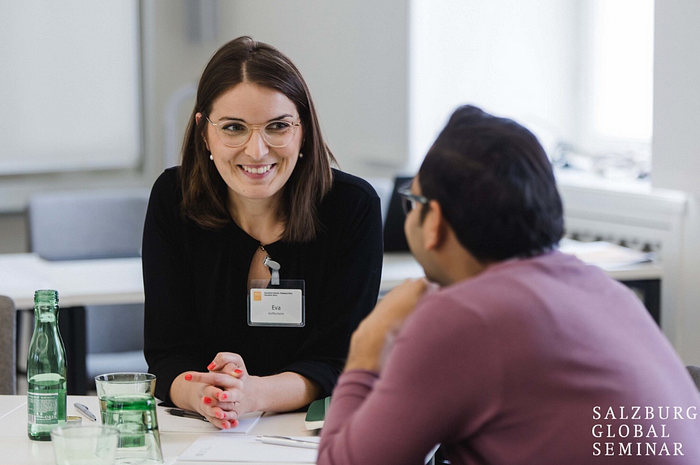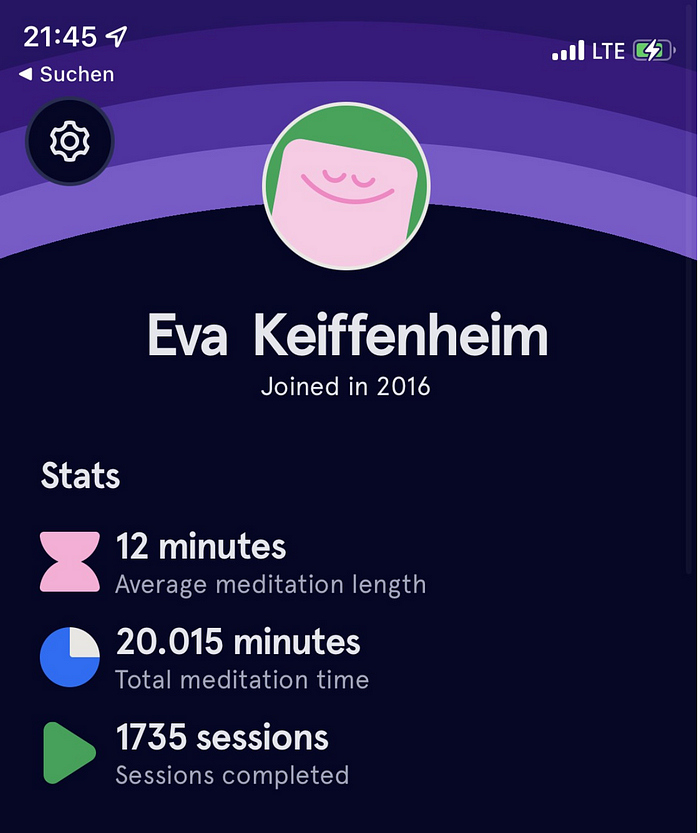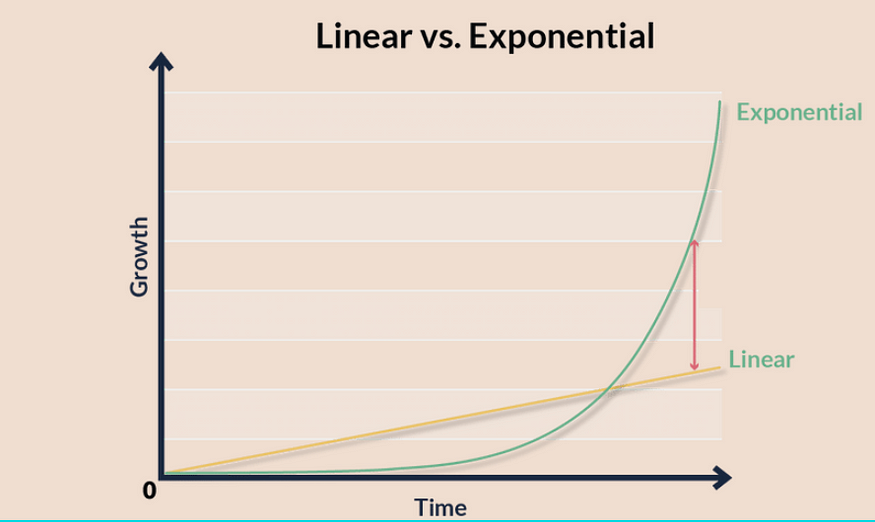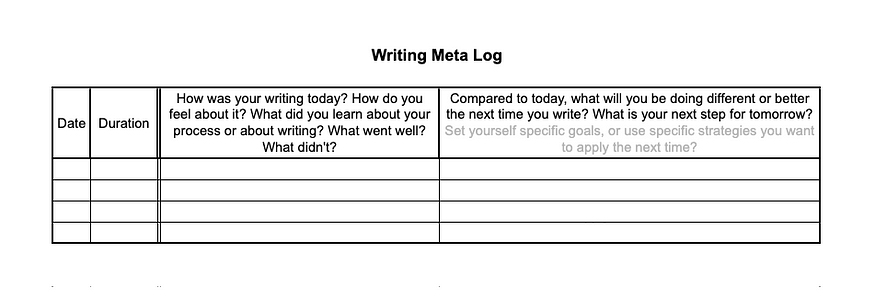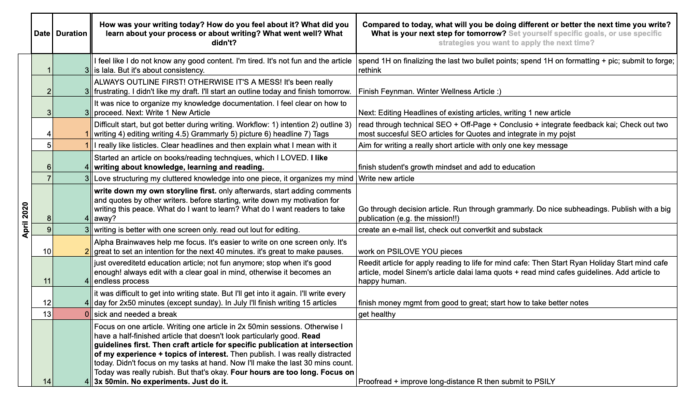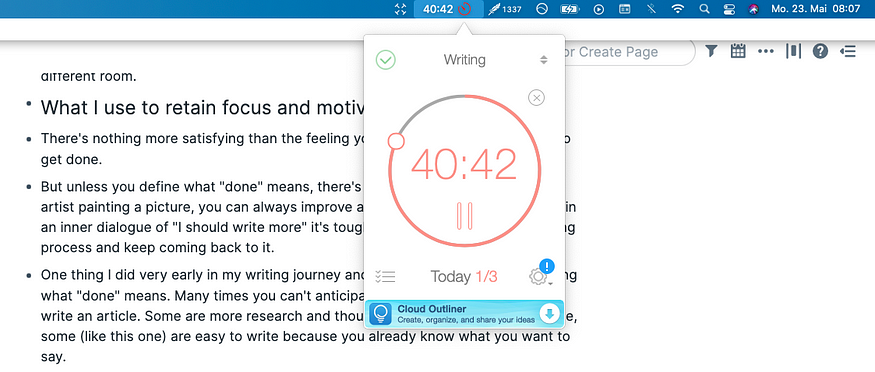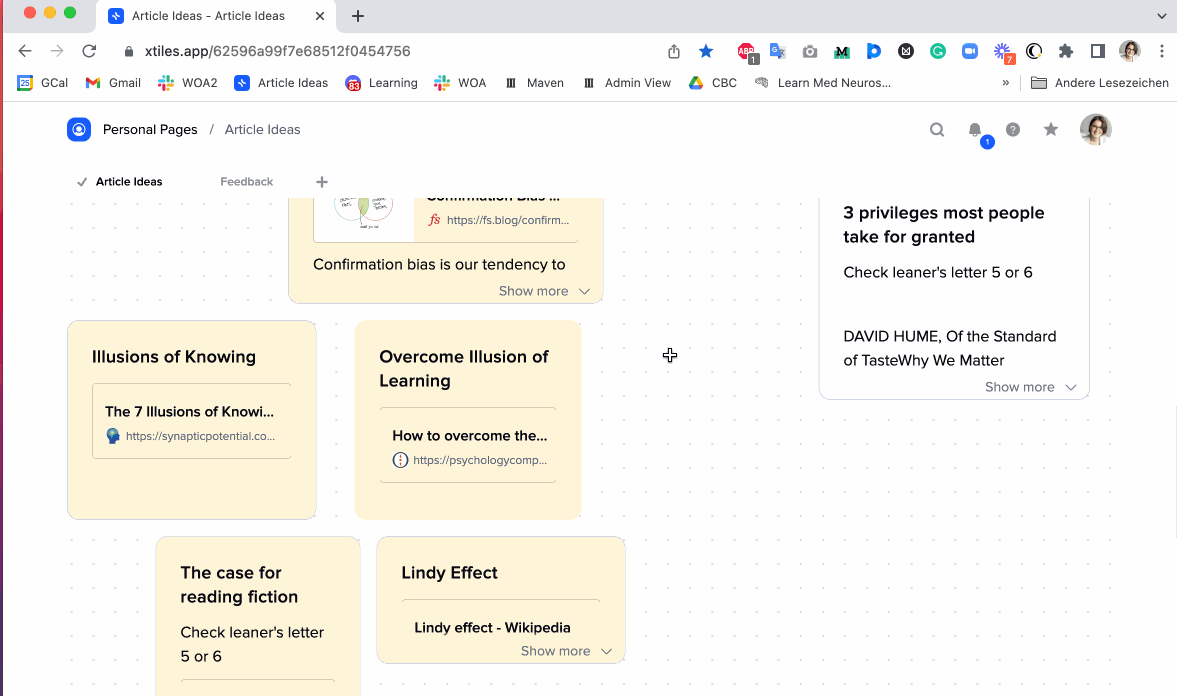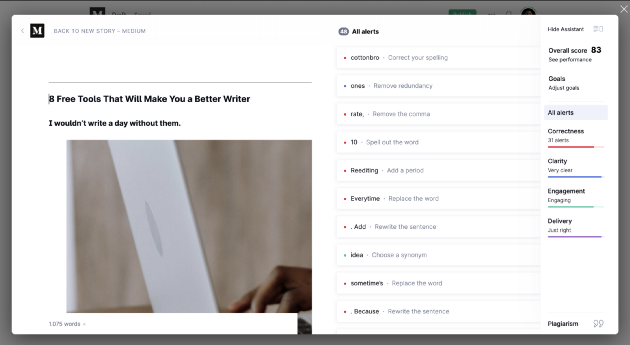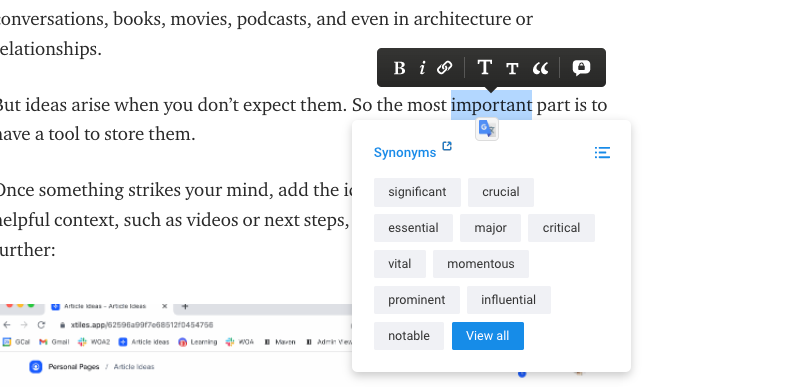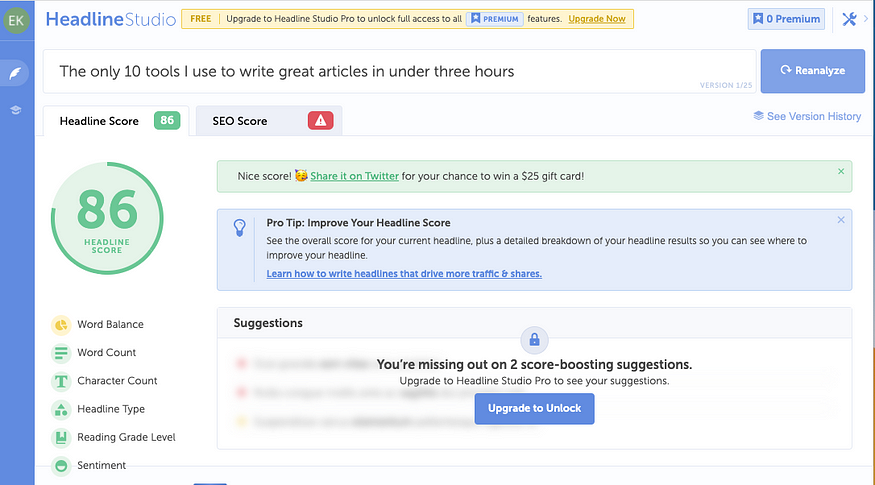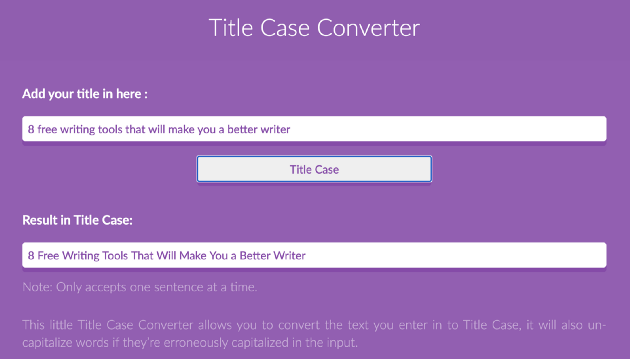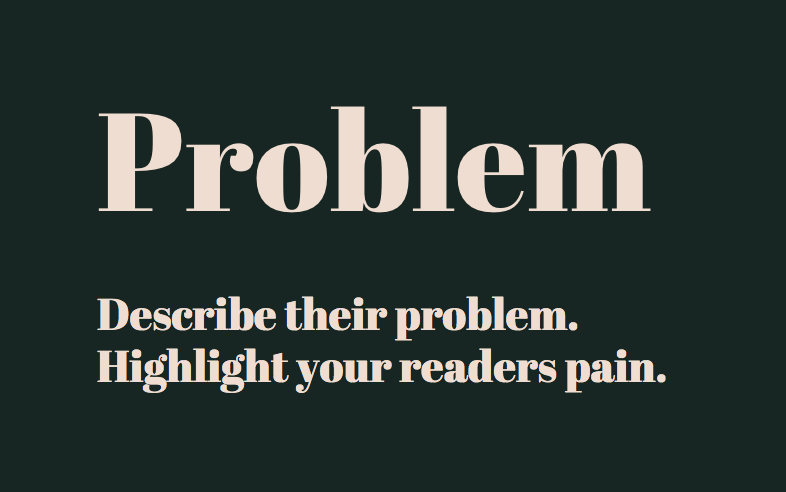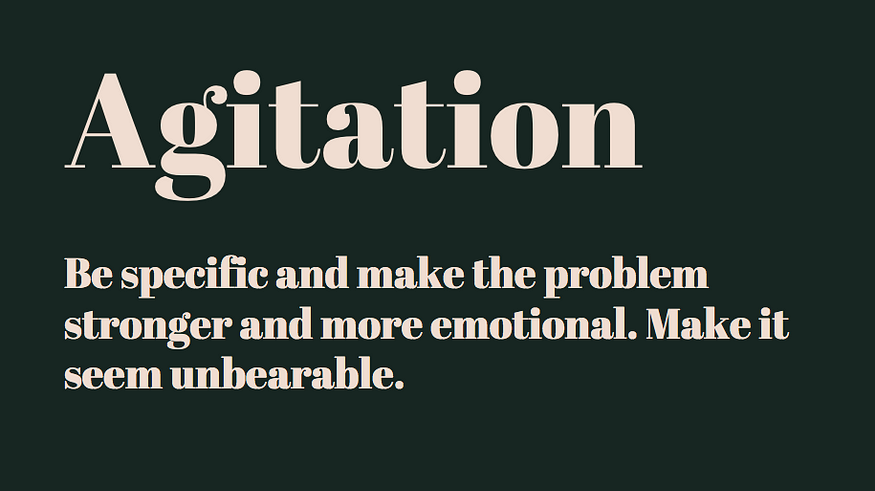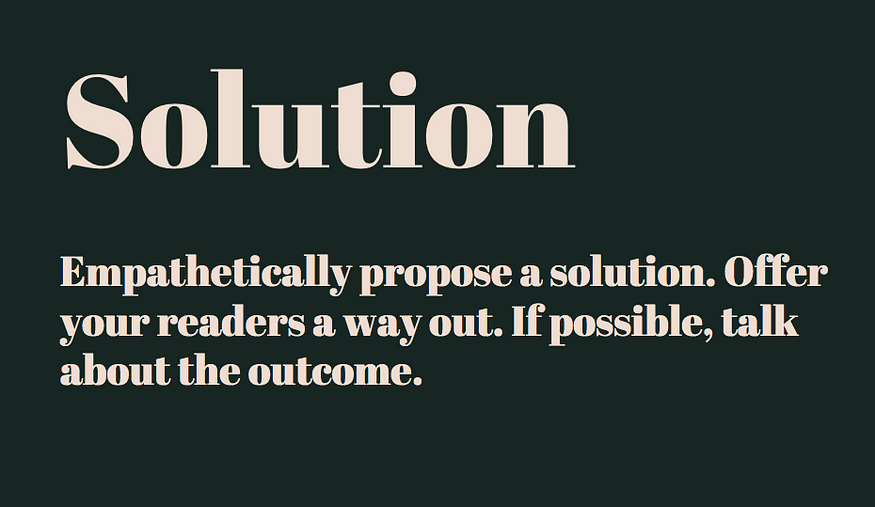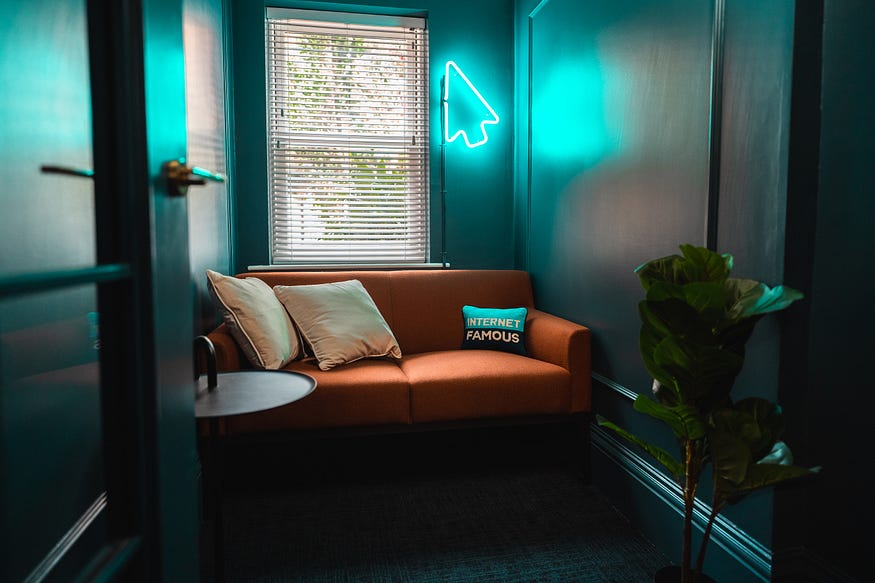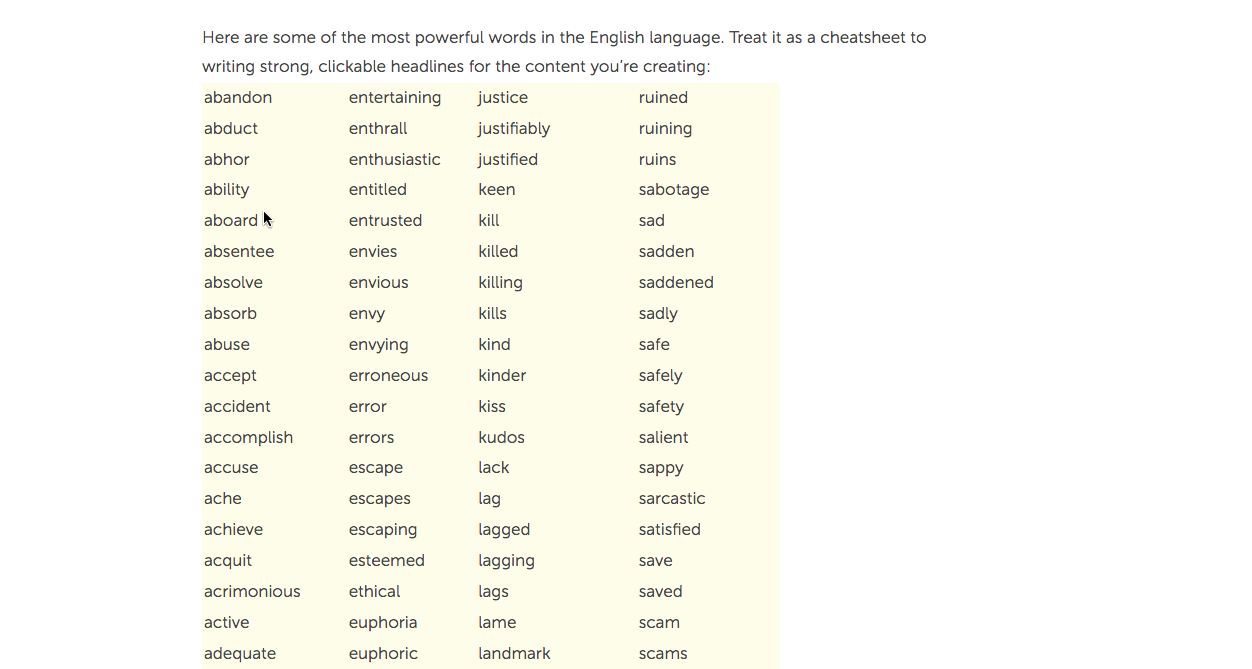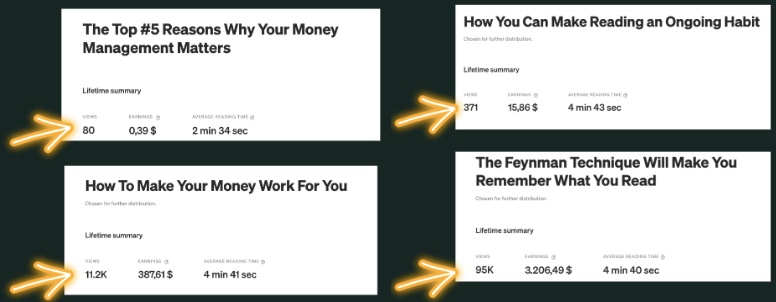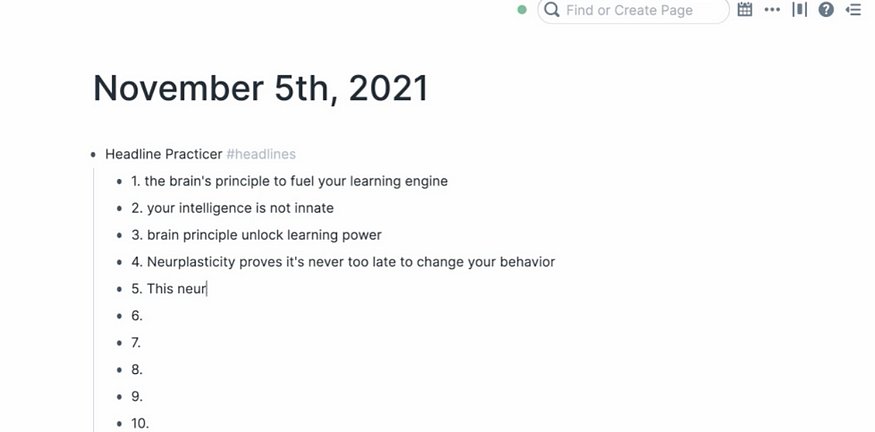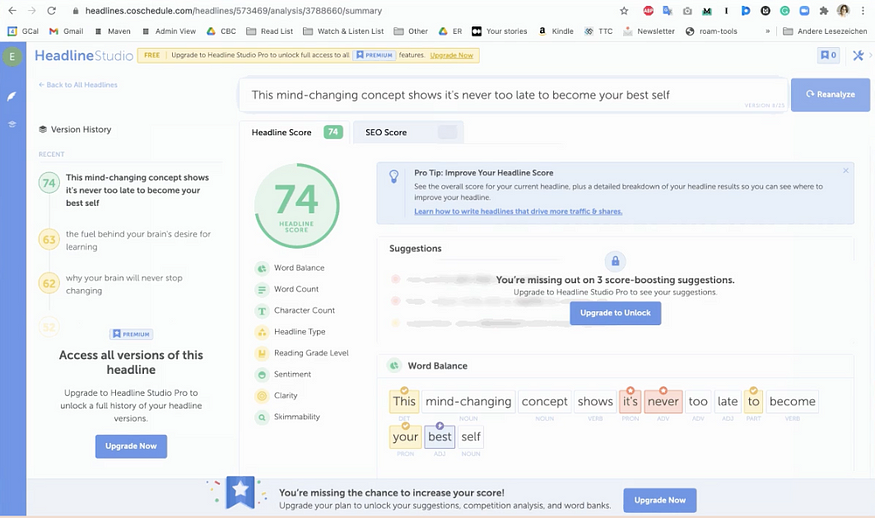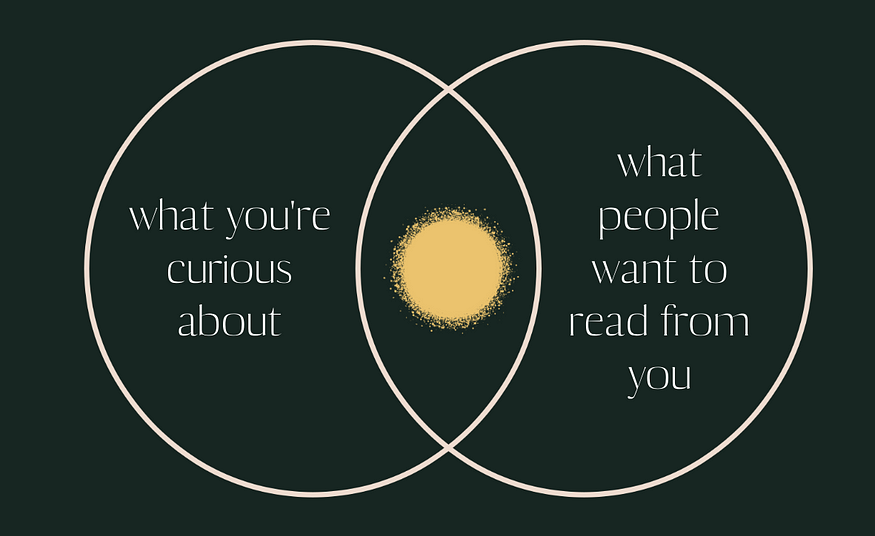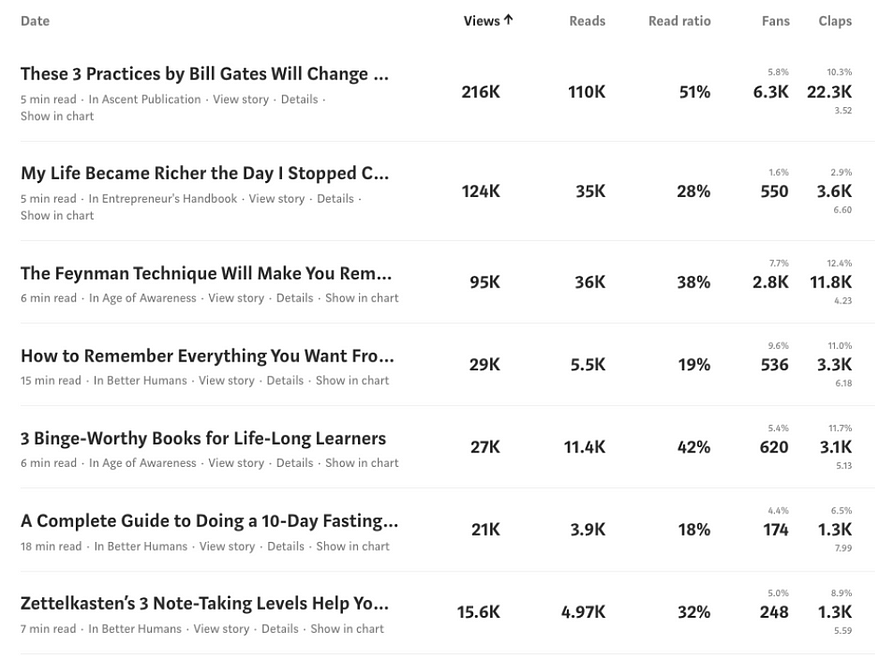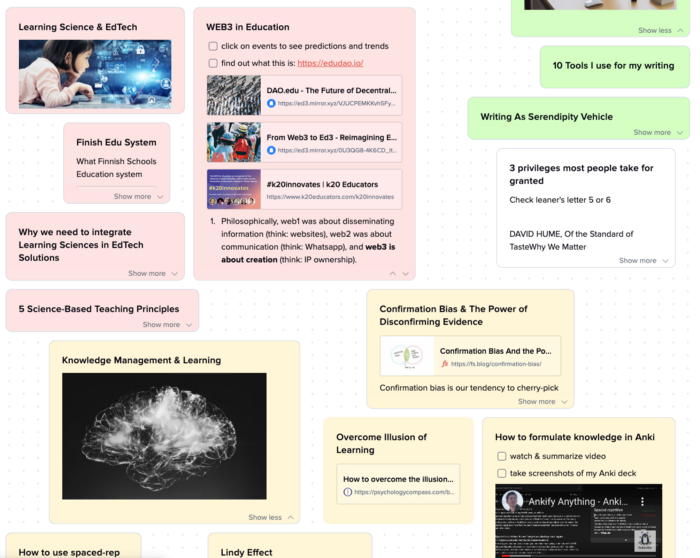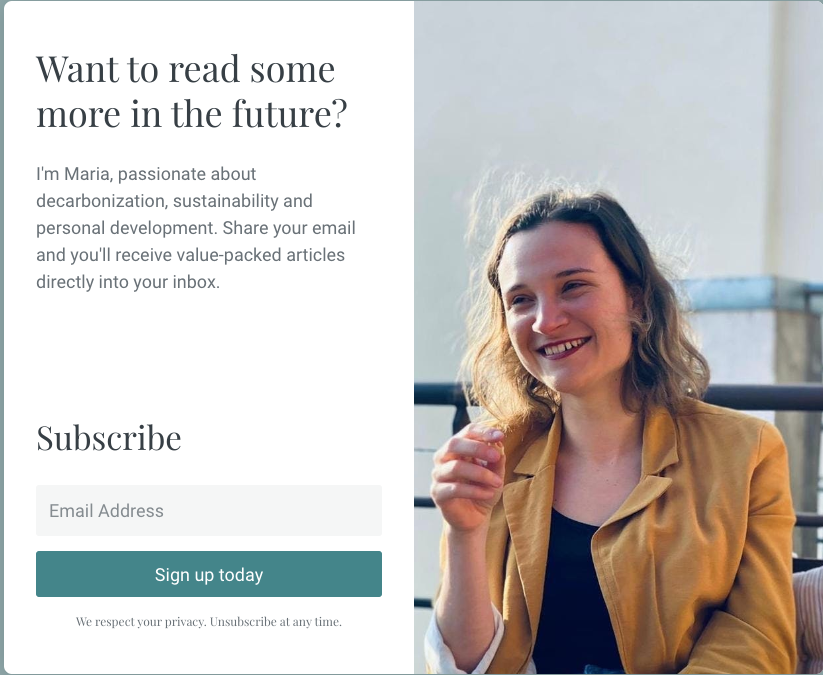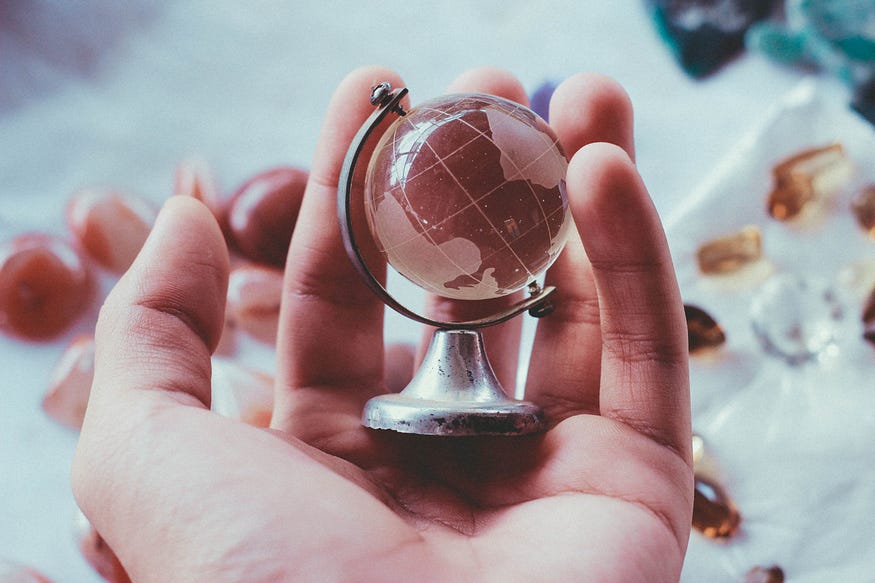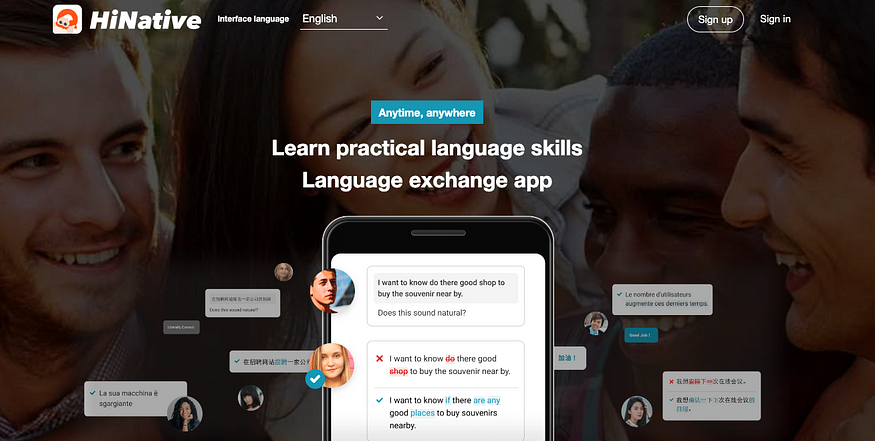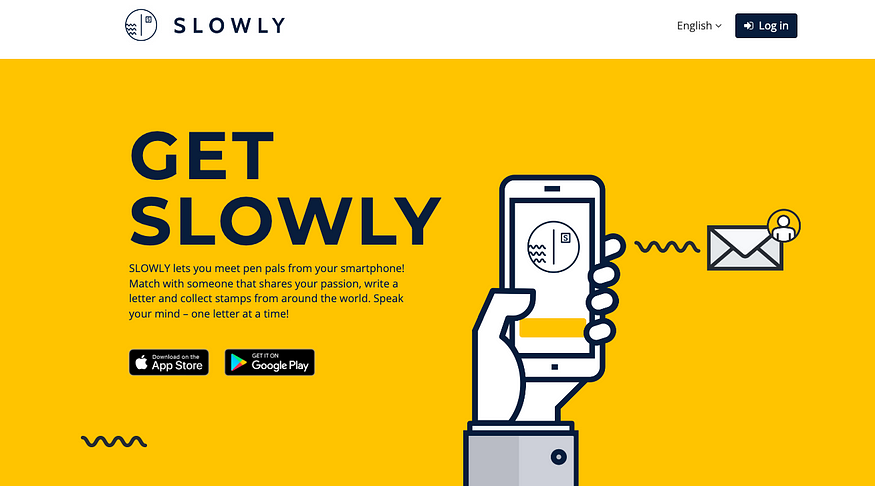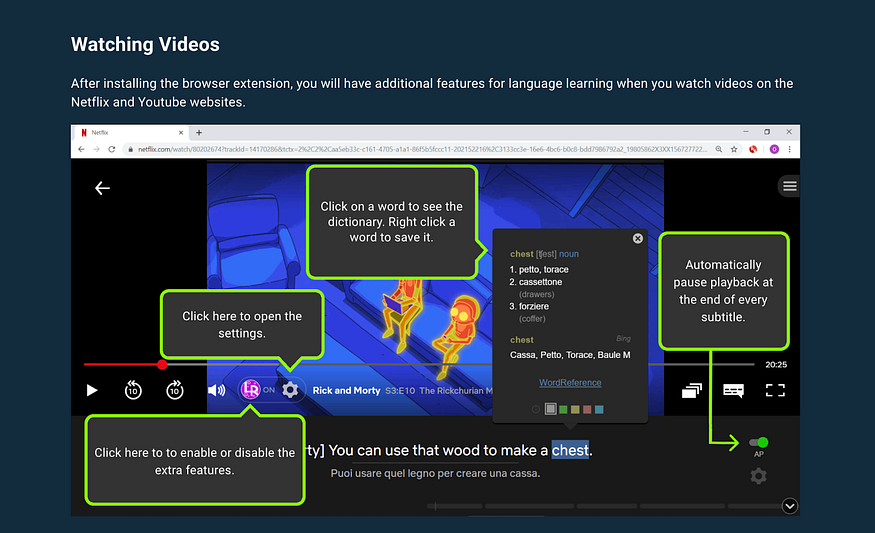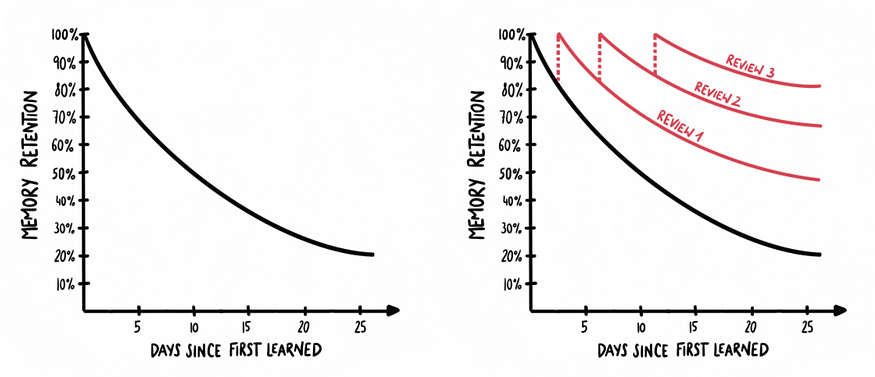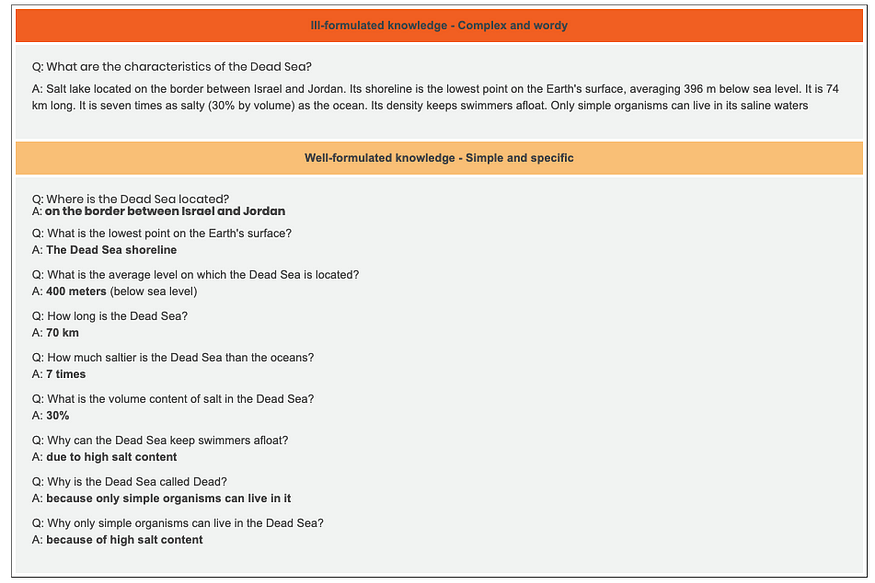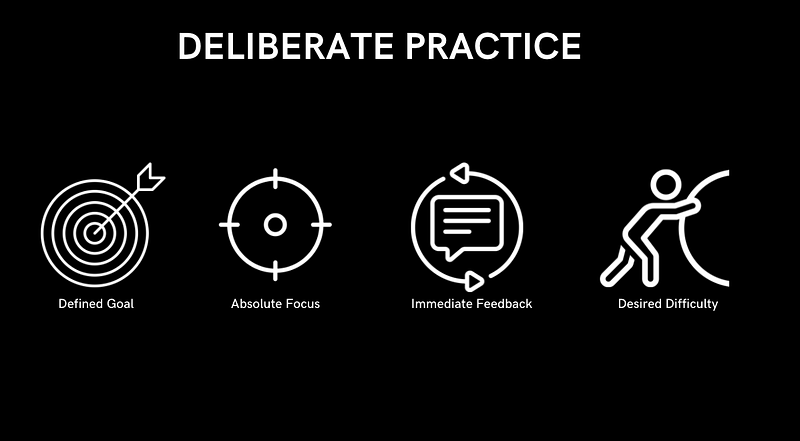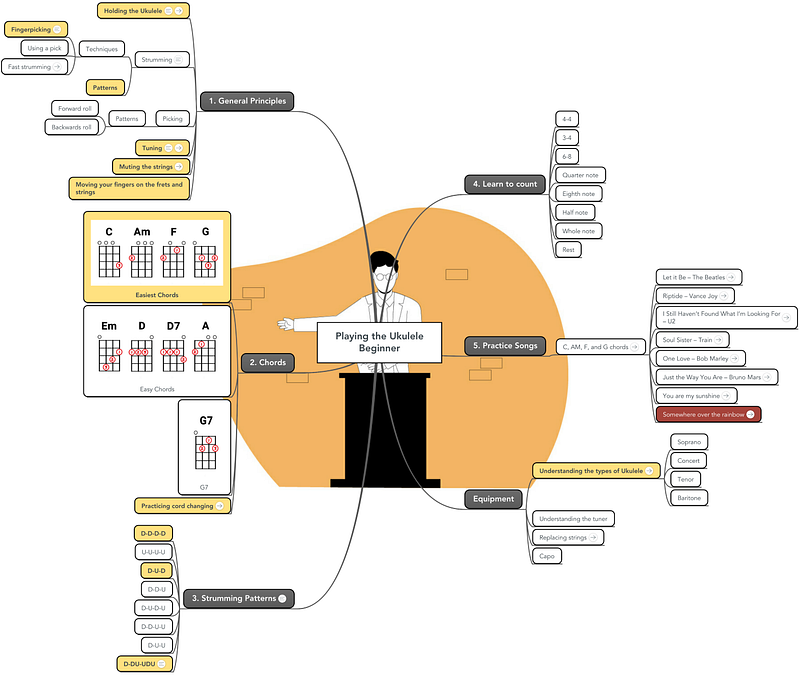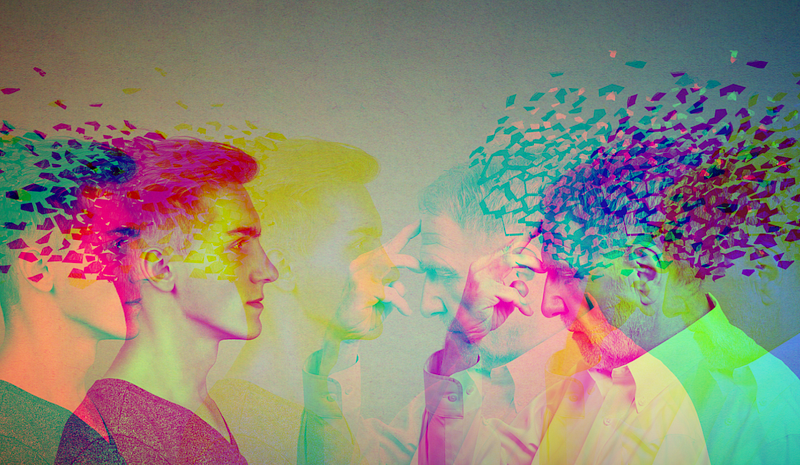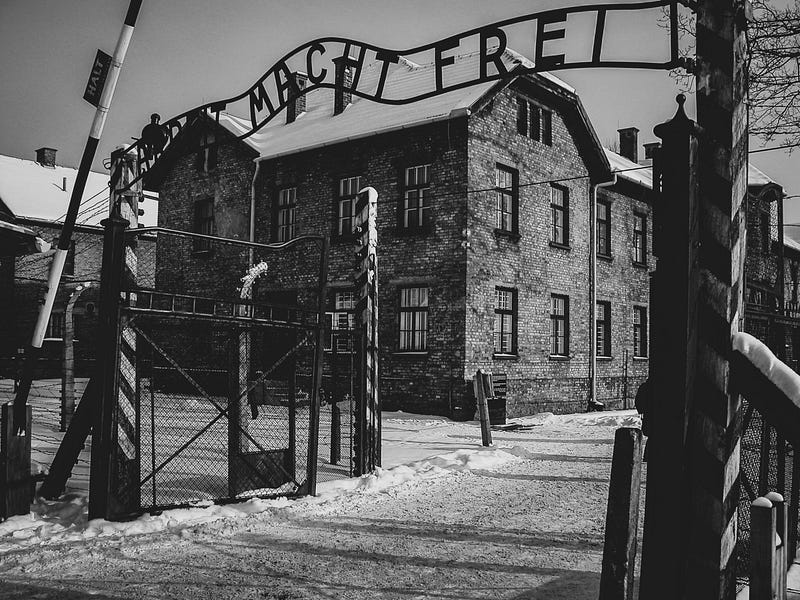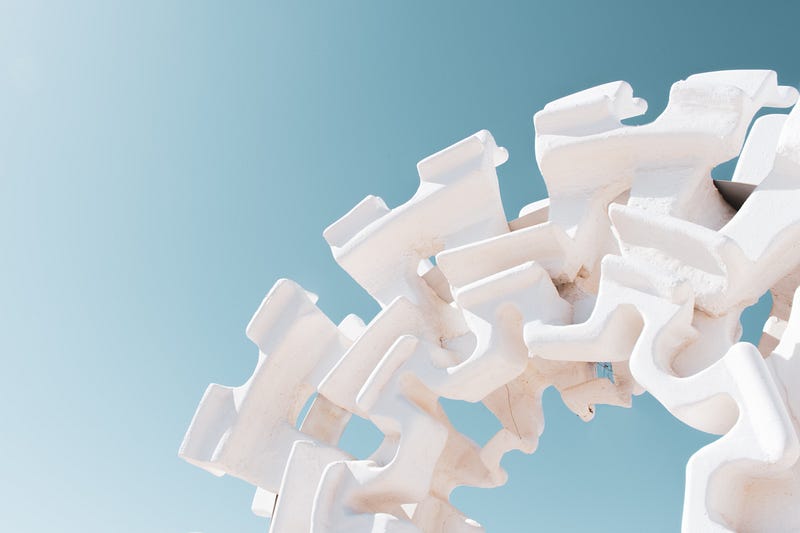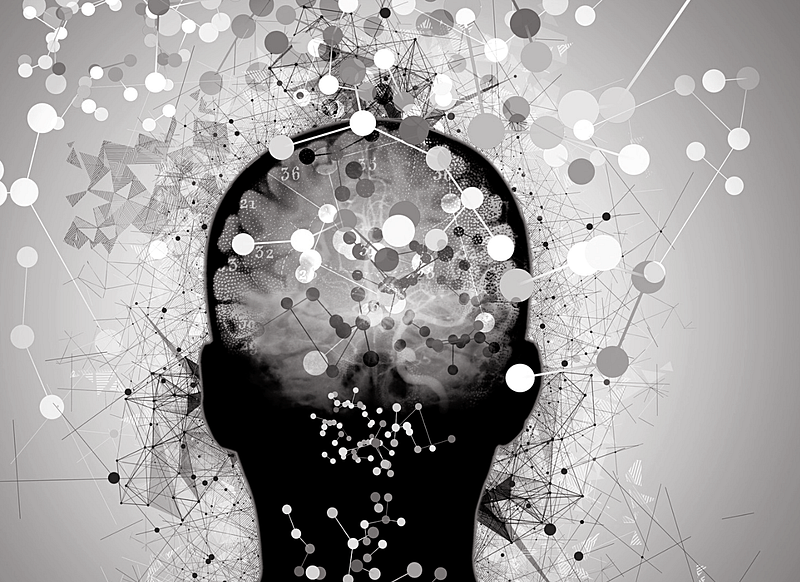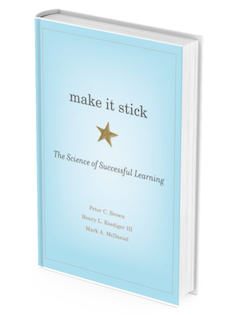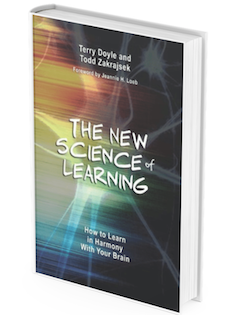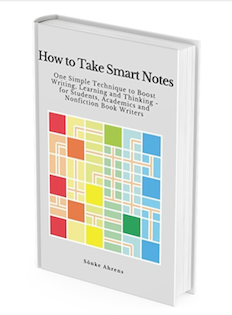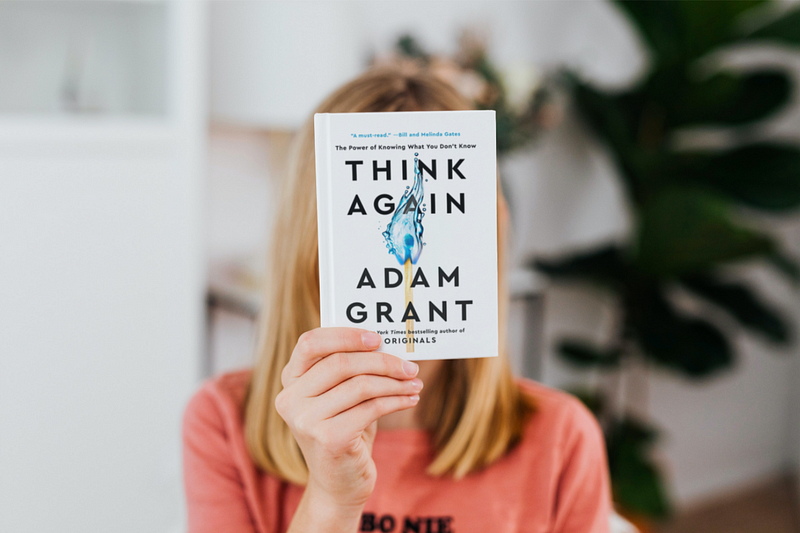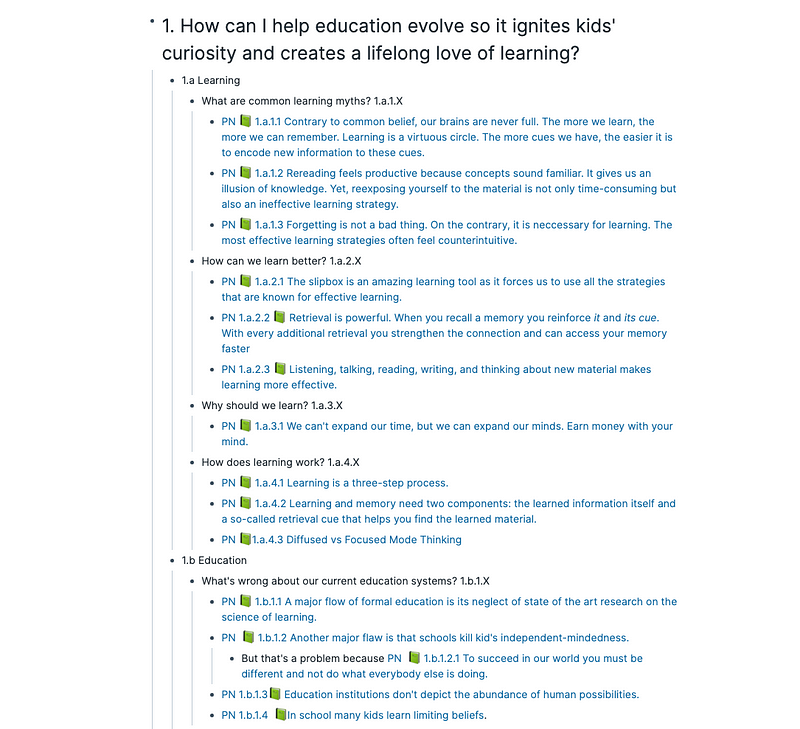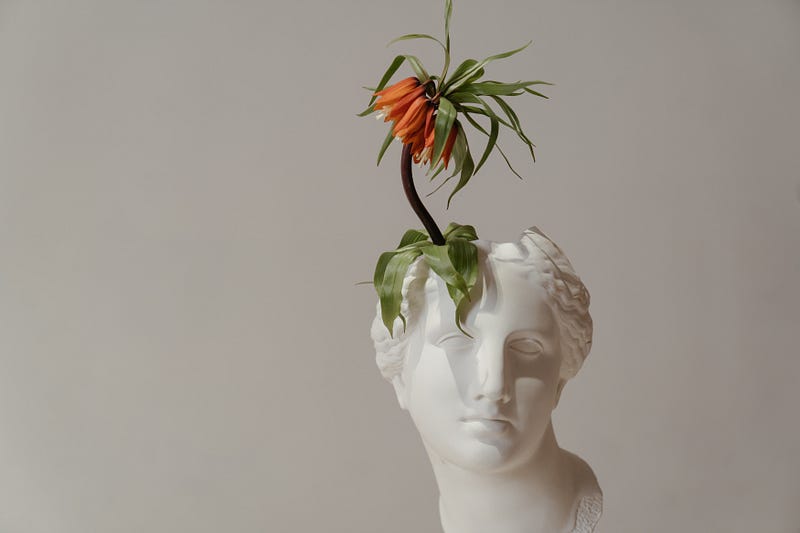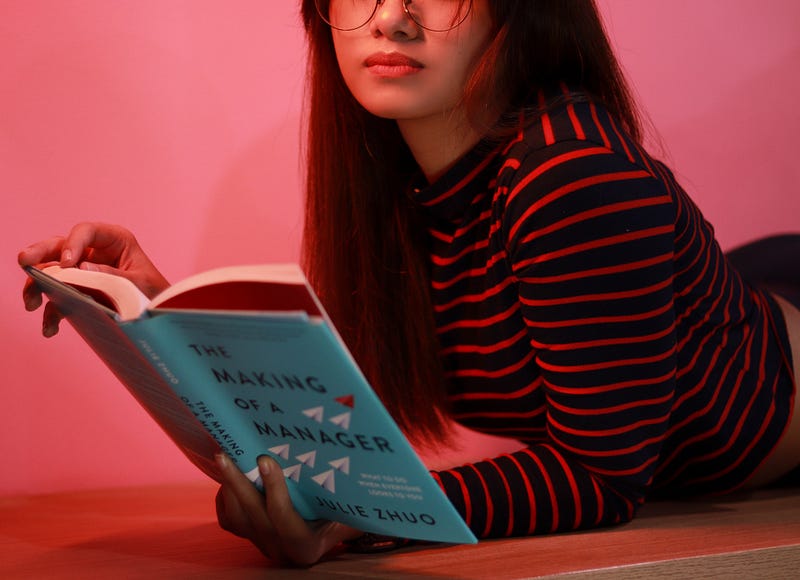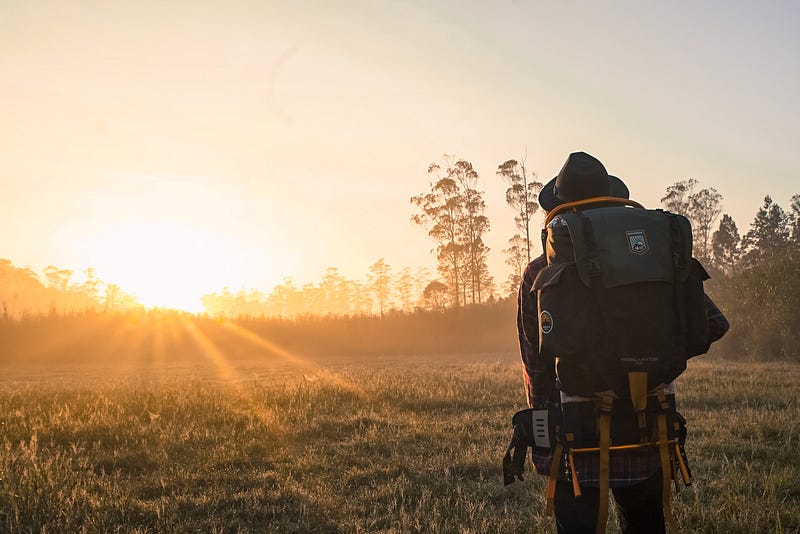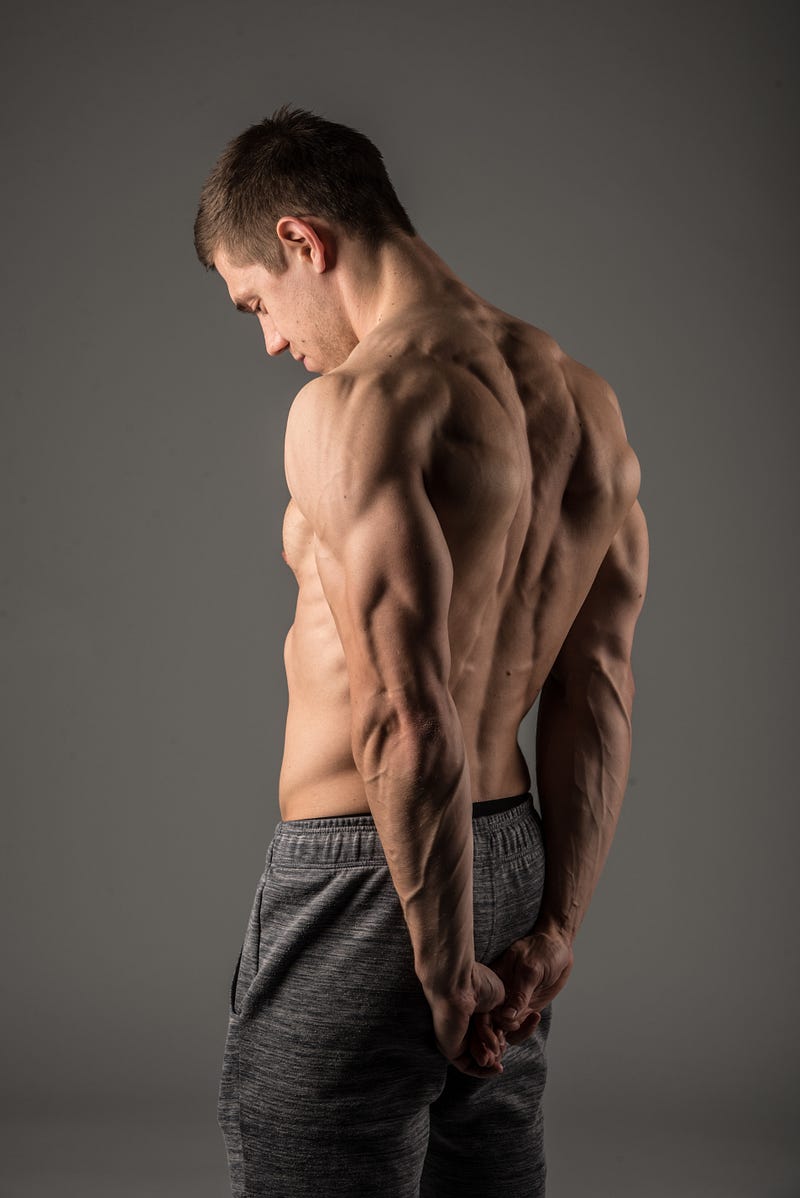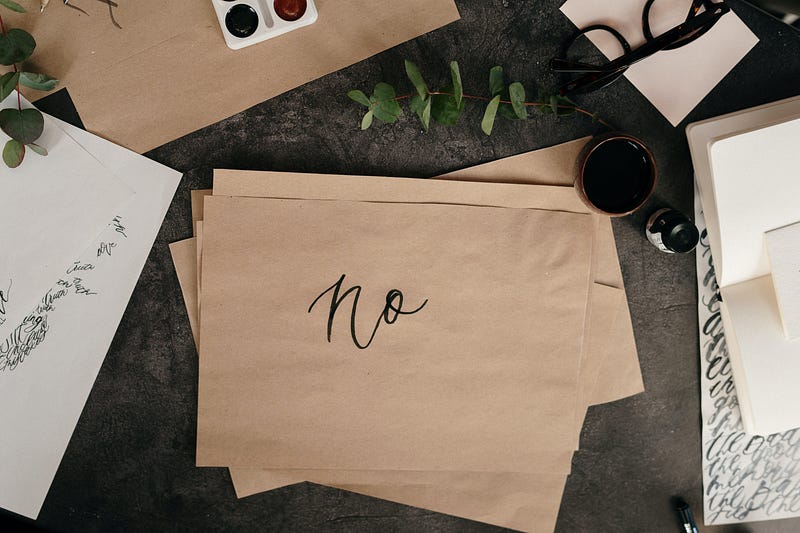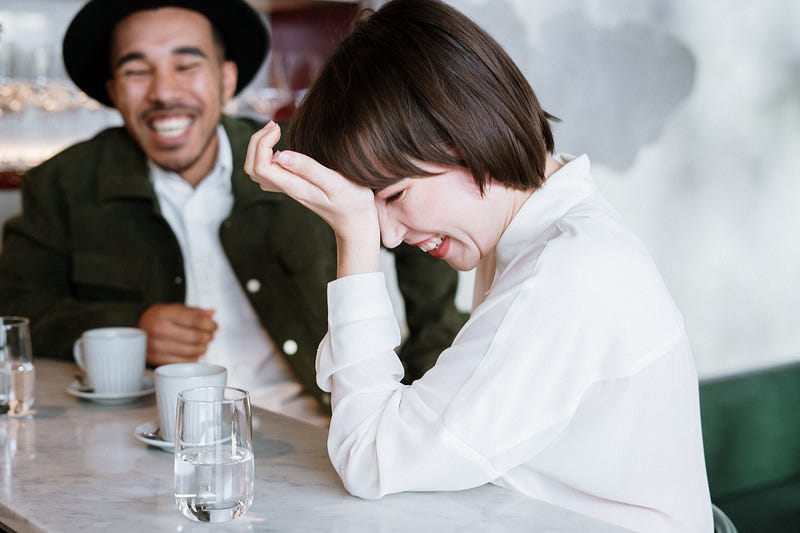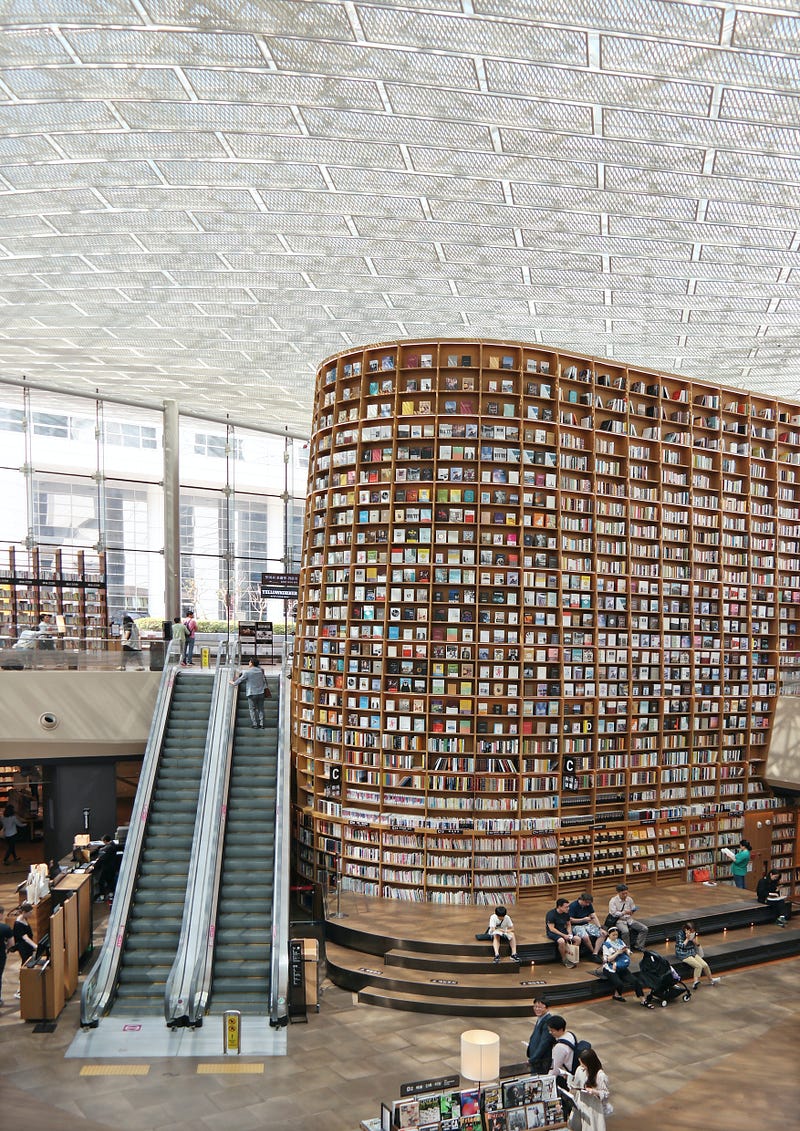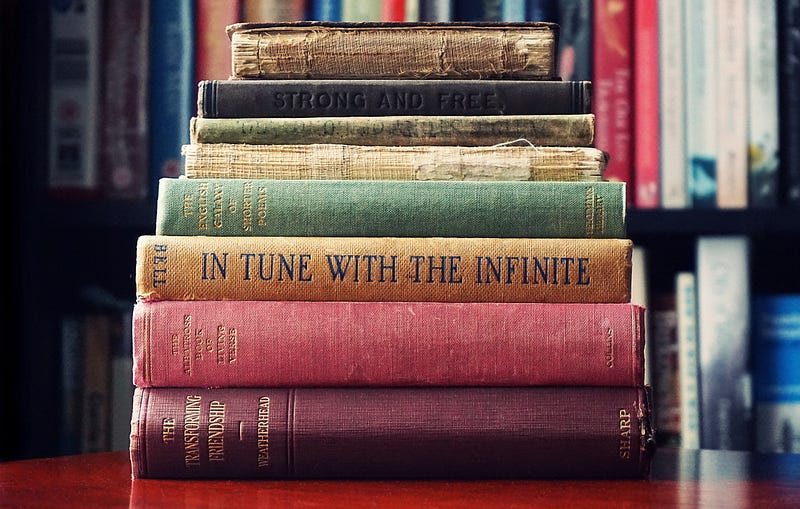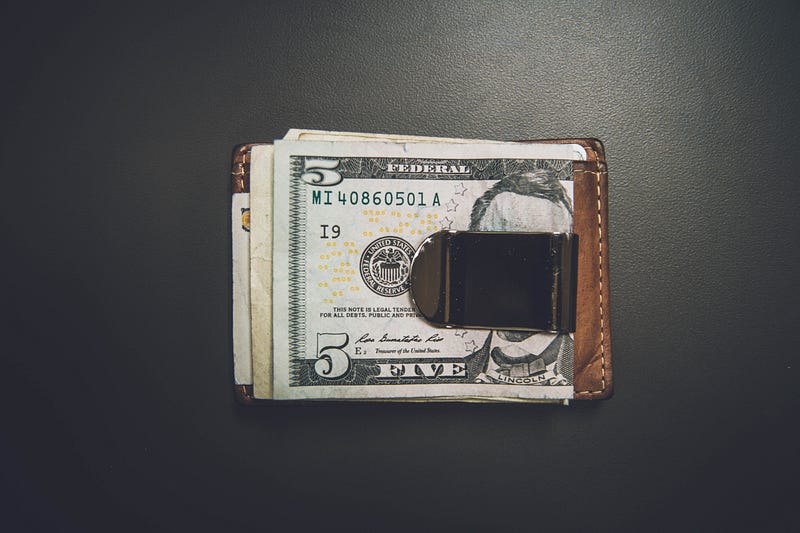These revolutionary ideas can rewire how you think about the erotic.
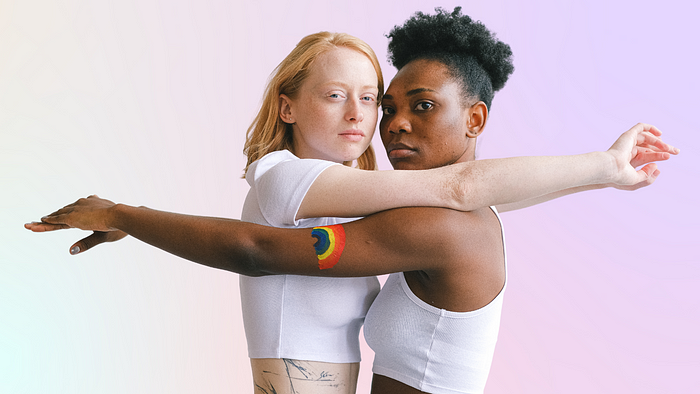
When my tantra teacher read out a sentence, I didn’t anticipate how much the words would influence my life.
It was last August, and the sentence was one of those where you need to put in some mental effort to get it. I didn’t.
My brain was fogged from Vienna’s summer heat, and I only managed to save a link in my read-later app.
A week afterward, I read the entire essay. Again. And again. I have read it ten times since. And I discover new layers of meaning every single time.
Audre Lorde’s ‘Uses of the Erotic: The Erotic as Power’ is one of those timeless essays with the power to change you. Below are some of her ideas that have transformed how I relate to pleasure and sex.
Tapping Into The Most Underrated Source of Power
I remember the moment I started to fear the yes within myself.
It was a week before I turned 13, in the bedroom of my then-best friend. We stroked our skin, and I felt an until-then-unknown heat arising from deep within.
It was in this moment of embodied desire towards another woman that my friend’s mum opened the door — eyes wide open, lips pressed together, her head shaking in disapproval.
I froze.
My deep-felt YES turned into something shameful to be ignored and avoided at all costs.
Audre Lorde writes, “We have been raised to fear the yes within ourselves, our deepest cravings.” She goes on to dismantle the oppression of the erotic in a patriarchal society.
Depending on where you live, there are implicit and explicit rules for acceptable behaviour in sex, pleasure, and desire.
Most societies are organized around patriarchy, with laws and media representation of practices that keep existing power dynamics in place (e.g. sex in a marriage between a cisman and ciswomen), and stigmatization, violence, or laws against practices that threaten them (e.g. free love of whoever they want, including other women and trans bodies).
Forty-five years after Lorde published her essay, cisgender women still learn to be submissive and obedient instead of being self-affirming, emotionally complex, and erotic powerhouses.
And while I feel troubled by the fact that Lorde’s text from 1978 applies almost half a century later, her words also make me feel hopeful.
Because as Lorde writes, “once recognized, those which do not enhance our future lose their power and can be altered.” Calling out dysfunctional structures and learned behaviour is empowering.
Despite global suppression, our deepest non-rational YES is still there.
“We have been taught to suspect this resource, vilified, abused, and devalued within western society. On the one hand, the superficially erotic has been encouraged as a sign of female inferiority; on the other hand, women have been made to suffer and to feel both contemptible and suspect by virtue of its existence.”
— Audre Lorde
How this changed the way I relate to pleasure and sex:
Before, I was unaware of the erotic as a resource, a replenishing and guiding life force. But, since reading her essays, I started to prioritize pleasure.
Thanks to women who have done this for a much longer and are now sharing their tools, I learned to invite and embrace the DEEP YES within myself.
I am doing practices that teach my brain to connect power and pleasure. I am letting go of shame. I am uncovering what happens if I replace the roles patriarchy has scripted into me with actions guided by what I want to create instead.
I am learning my feelings are the most genuine path to knowledge. I am unlocking new levels of satisfaction, power, and completeness.
Eroticism is a source of female power — and power not meaning power over (as within our Western framework of individuality and independence) but power with others (self-actualization linked with the community).
Unlearning How Porn Fucked Up My Mind
Lorde writes how the erotic is a question of what we do and how acutely and fully we can feel in the doing. She argues pornography isolates sex from feelings, thereby abusing the erotic.
In my first few reads, my mind objected. Porn can extend our spectrum of sexual imagination. Some films blend feelings, sensuality, and sex (see, for example, Getcheex or Erika Lust).
But most porn doesn’t.
I must have been around 14 when I watched my first YouPorn video. At that point, I had no sex education from school or my parents (beyond contraception and wrong depictions of female genitals).
I did not know almost all porn videos portray sex (seemingly) optimized for male pleasure, the male gaze. I did not sense that the sex I saw was only one very limited and female pleasure-ignoring form of sex created inside a mainstream paradigm stretching between rape culture and a culture of repression.
The most popular search terms on pornhub, a site people visit more often than Amazon or Netflix, revolve around racialized power dynamics, incest, or sexual encounters with women as objects.
Building upon Lorde’s essay, adrienne brown writes in her ‘Pleasure Activism’ “, While we didn’t create the water we are swimming in, it’s still poisoning us.”
“But pornography is a direct denial of the power of the erotic, for it represents the suppression of true feeling. Pornography emphasizes sensation without feeling.”
— Audre Lorde
How this changed the way I relate to pleasure and sex:
Lorde helped me investigate how porn has shaped sexual interests and behaviours.
The sexual scripts I learned from porn guided my sexual self-expectations and made me fake orgasms long into my twenties. I pretended to be satisfied, thinking this was normal, while now understanding, I followed scripts robbing any real sexual pleasure.
Lorde’s essay helped me understand how most porn was created from a patriarchal standpoint. These storylines wired my brain around fantasies and desires that are unhealthy for me. I also acknowledge the power of fantasies, as they can contribute to perpetuating existing inequalities.
I have started to retrain my brain around desires that stem from a new paradigm that centres around female pleasure, inclusivity, consensual non-monogamy, non-gender conforming roles, and a broader spectrum of beauty and attraction.
“I have been intentionally working on developing new fantasies. Fantasy is where I first explored the impossible idea that I am desirable. The improbable idea that fat bodies, brown and Black bodies, scarred and dimpled bodies, bodies that hurt and lurch and roll, bodies with hair and acne, bodies that sweat and make sounds and messes — that all of our bodies are desirable. This work has shifted my reality of lovers and my reality of how I see myself and let myself be treated.”
— Adrienne Marie Brown
Not Settling For Less Than Excellence in Life
Have you ever felt you are asking for too much?
Many women have been taught accommodation and obedience, with partners or families expecting them to sacrifice their desires for their partner’s or families’ greater good.
In her essay, Lorde encourages striving toward excellence in the erotic and not misconstructing it as demanding something impossible.
And this goes beyond intimate connections with ourselves or others. The erotic is a form of embodied energy that can inform many areas of our lives.
Lorde writes, “When I speak of the erotic, then, I speak of it as an assertion of the lifeforce of women; of that creative energy empowered, the knowledge of which we are now reclaiming in our language, our history, our dancing, our loving, our work, our lives.” She invites us to connect with our capacity for joy.
“It is an internal sense of satisfaction to which, once we have experienced it, we know we can aspire. For having experienced the fullness of this depth of feeling and recognizing its power, in honour and self-respect we can require no less of ourselves.”
— Audre Lorde
How this changed the way I relate to pleasure and sex:
Lorde made me realize that liberating pleasure is a precondition for satisfaction, joy, and excellence.
I don’t fear the yes inside myself, but I invite it. I dare to demand and aspire for what I truly want and not settle for less. I show up as the most empowered version that feels most like me in the context of the reality I was given.
Her words, and the interpretation of her words by brilliant minds such as adrienne brown, Minna Salami, and bell hooks, helped me understand that our power starts from within. Our pleasure and most non-rational knowledge can guide us to our most authentic desires.
I will continue to explore the erotic as power by sharing my deepest desires through my writing and the spoken word, engaging in more activities at a speed that allows me to feel fully (ecstatic dancing, self-pleasure practice and embodied awareness through breath, sound, feeling), and cultivating all my senses, and especially my felt-sense of touch (as opposed to my overdeveloped sense of sight).
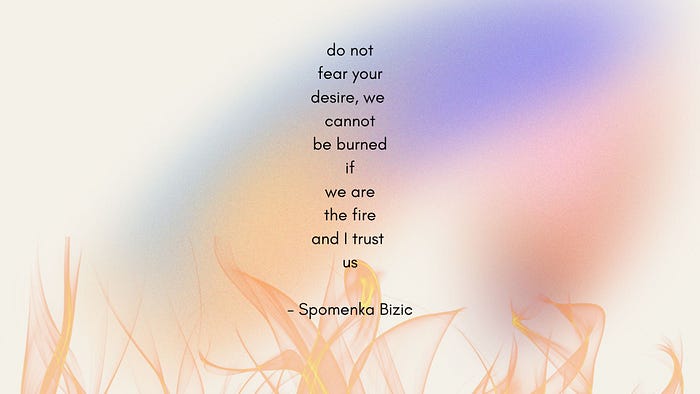
Final Feelings
Every woman, cis or trans, experiences the erotic and discrimination against it. Yet, the ways of experience differ because of factors like race, class, disability, and gender presentation.
Lorde’s words still hold revolutionary power for all of us, as she shows how the erotic is a form of power that both reveals and endangers oppressive forces.
Organizing your life around pleasure is one of the most revolutionary things to do while nourishing our minds, bodies, and souls.
Ready to bring more pleasure into your life?
Sign-up free for the Pleasure Letter, a monthly newsletter where I share the best resources, reads, and tools for leading a more pleasurable life. If you want to become a fearless writer, sign-up for my free Write Letter.
